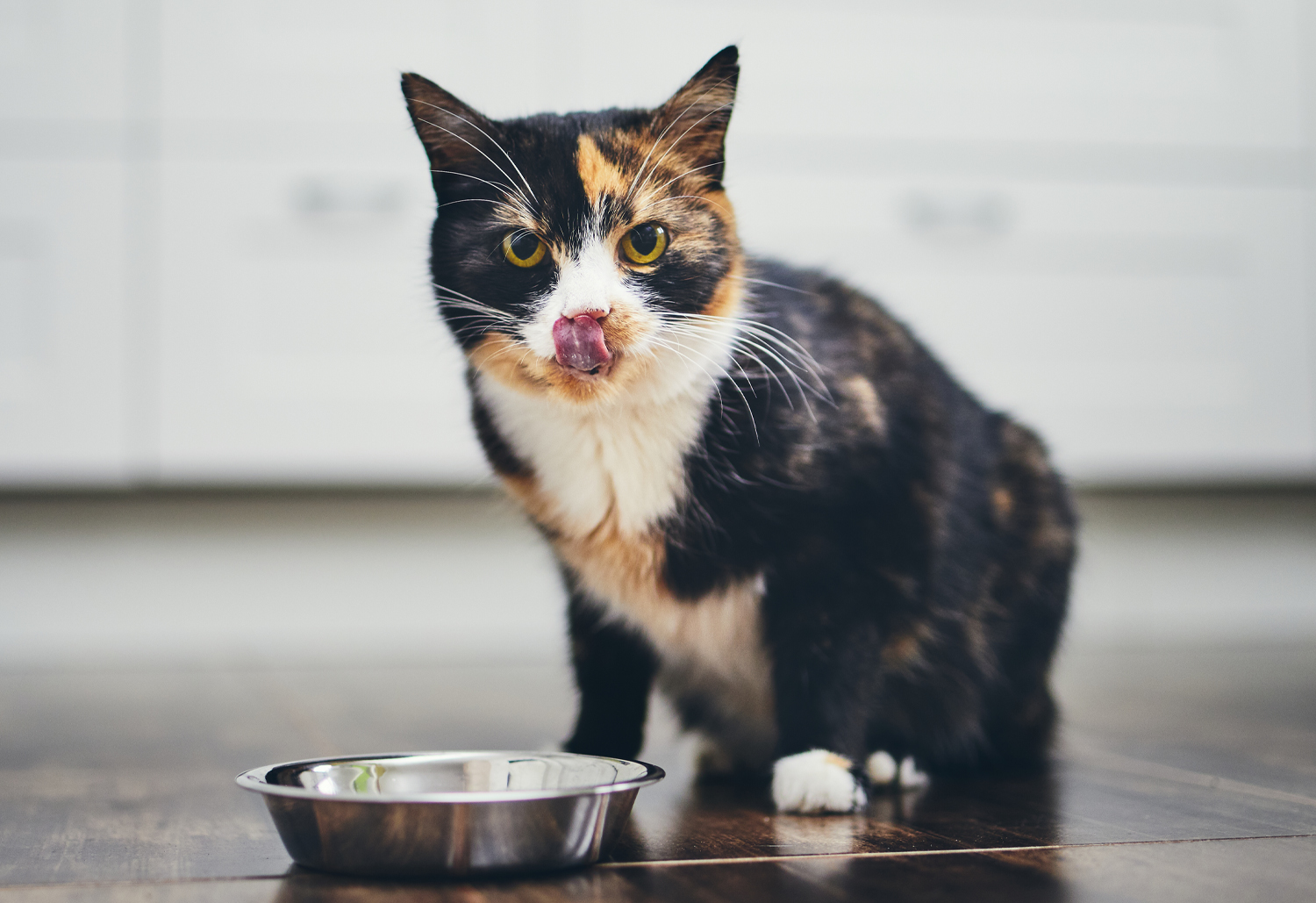|

Common Pet Food Myths
I hear a lot of misconceptions about pet food from clients. A lot of them come from the internet or from companies trying to flog their own products by criticizing their competition.
It’s always good to ask yourself, when you hear a certain claim, “Why is this person telling me this?” and “What do they stand to gain if I believe them?” In other words, if the source of your information wants to sell you their product, then you need to be very cynical about what they have to say about someone else’s pet food.
Also ask yourself “What educational background does this person have? Does she have a degree in nutrition, or does she just think she’s an expert because she breeds dogs or works at a pet store?”. In my eyes, if someone has not taken any courses in animal nutrition in university or college, then their credibility is suspect.
Here are some of the more common pet nutrition myths that I hear:
All-natural diets are the best
Just because something is all-natural doesn’t mean it’s a good ingredient. For example, chicken beaks are all-natural, but I wouldn’t want to feed my dog a diet that contains that.
Here’s another article on why all-natural diets are necessarily best, and how this term really means little at all.
Grain-free diets are better
Recent information has come to light that grain-free diets are BAD FOR DOGS. A heart disease called Dilated Cardiomyopathy has been linked to grain-free and boutique diets.
By-products are bad
I eat a lot of cottage cheese and I cook with egg whites. Those are by-products and they’re good for you. Certain by-products from the human food industry are used as affordable ingredients for pet food. For example, deboned chicken necks serve as a source of good quality protein. Beet pulp is used to provide insoluble fibre, needed to promote health of the colon.
Corn is a filler and is poorly digested
Corn in its natural form is less digestible, but the form of corn in pet foods is ground corn. In that state, it is more than 98 per cent digestible. Corn contains complex carbohydrates for energy, contains linoleic acid to help produce a healthy coat and is a source of protein.
Corn is allergenic
Allergies to corn are not common. Less than three per cent of confirmed food allergies in pets involve corn. Sixty-five per cent of food allergies in pets are to beef, dairy products and wheat. Twenty-five per cent involve egg, lamb and soy.
Animal proteins are better than plant proteins
Proteins are a source of both essential amino acids and non-essential amino acids. No single protein provides 100 per cent of all the amino acids. Both animal and plant proteins can provide essential amino acids. It’s wise to eat a variety of protein sources to have a better chance of obtaining all the amino acids needed to sustain health. Well-formulated diets address this. For example, they might use soybean meal, which is high in methionine, to supplement chicken, which is low in methionine.
Cooking destroys nutrients
Cooking foods makes certain nutrients more digestible and it kills bacteria and parasites. The heat used to process pet foods may destroy some vitamins, but less so than what is lost when the products sits on the shelf in the store. Manufacturers add extra vitamins to the food to account for expected losses.
Preservatives cause cancer
There is no scientific evidence to support this claim. In fact, certain moulds that grow on food can cause liver disease and cancer. Rancid fats (fats that have been oxidized when exposed to air) are potentially toxic. Preservatives in food protect fats from becoming rancid and inhibit the growth of mould. Vitamin E (tocopherol) is one of the most commonly used preservatives in high-quality pet foods.
Calcium and vitamin C supplements help prevent hip dysplasia
It is now well known that extra calcium, protein and fat in the diet can predispose to orthopedic conditions such as hip and elbow dysplasia. Large breed puppy foods contain restricted amounts of these nutrients to prevent bone diseases related to overly rapid growth.
Dogs can synthesize their own vitamin C (humans cannot) and so they don’t get scurvy. There is no scientific evidence that vitamin C supplementation will prevent hip dysplasia. In fact, it might actually predispose to the disease, since high doses of vitamin C change the pH of the small intestine, resulting in excess calcium absorption.
I know I’m biased, but I strongly feel your veterinarian is your best source for pet care information. And that includes nutritional counselling. Veterinarians had to take several animal nutrition courses in vet school. Some at the pre-med level, others in the veterinary curriculum itself. No, the courses were not taught by pet food manufacturers (another myth I have read), but by other veterinarians and by animal nutrition scientists. I would hope you trust your vet enough that this is not an issue, but if you feel your veterinarian has a conflict of interest by recommending a food he or she sells, then ask her to recommend another brand you can buy somewhere else.
Beware of web sites that rate or review pet foods. How owns these sites? Is it one of the pet food companies, so they can rate their own brand higher? Or someone else who rates companies higher if they are paid a kickback? Or someone without any bias at all? How will you the consumer know which one of these applies?
Your veterinarian wants to see your pet live a long and happy life. Recommending a good food is one of the ways he or she can help out. Hopefully together you can choose a good diet for your pet that is based on sound science rather than rumours and myths.
|